Every summer, it has become customary for the Ministry of Agriculture to deal with the country's wildfire crises. This ministry oversees the National Forestry Corporation (Conaf), whose wildfire combat functions will transition to the new National Forestry Service (Sernafor), established under the law that created the Biodiversity and Protected Areas Service (SBAP).
In the assessment of the ministry's progress and challenges, presented yesterday by Minister Esteban Valenzuela before a room full of representatives from
the national forestry and agricultural sector, one phrase did not go unnoticed by some attendees in the audience.
During his speech at the seminar "How is the 2025-2026 season shaping up?" organized by the National Agricultural Society (SNA), Valenzuela noted that in the recent season, particularly in the province of Malleco, "we were having a very, quote-unquote, acceptable wildfire season, which is measured in burned and affected hectares."
However, he stated that during "the last two weeks of February and the first half of March, there were many fires in Malleco and, of course, clear signs of intentionality."
Despite acknowledging the intentionality, Rodrigo O'Ryan, president of the Chilean Wood Corporation (Corma), pointed out in a panel following Valenzuela's presentation that it is inadmissible to label the last wildfire season as "acceptable."
When asked by "El Mercurio," O'Ryan acknowledged that while "any evaluation depends on what you compare it to," he noted that the numbers still reflect a severe impact and high intentionality. "If you compare it to what we had in 2017 or 2023, with around 500,000 hectares burned each year on average, you might draw a slightly more positive conclusion (...). But I think that’s starting to normalize these kinds of disasters, because this is due to high intentionality and a pattern of crime," he said.
In that regard, O'Ryan argued that "we cannot consider a season with over 6,000 fires and 165,000 hectares burned as 'acceptable.' In the macrozone, we saw more than 1,600 intentionally set fires, where intentionality exceeded 60%."
When asked by this outlet about his statement at the seminar, the Minister of Agriculture clarified that he was referring to the five-year average, taking into account the latest wildfire season. "Until mid-February, we were doing much better, with about 20% fewer affected hectares, but unfortunately, the fires—particularly in the province of Malleco, in Victoria, Ercilla, Traiguén, among other municipalities—brought us back to the five-year average, around 80,000 hectares (damaged)."
The minister stated that the Executive branch seeks approval of the wildfire law for mitigation and prevention—through firebreaks and other measures—to protect rural areas. "We want to enter this season with…
Rural violence
Rural stakeholders emphasized their criticisms regarding the rising insecurity in the countryside, which affects forestry and agricultural activities.
Antonio Walker, president of the SNA, stated in his speech that one of the main challenges facing rural areas is linked to violence and theft targeting farmers. According to a survey by the association, 80% of respondents had been victims of theft in the past year, and 40% had experienced it three or more times. "Organized crime must be expelled from the countryside and from Chile. This is an urgent challenge for all branches of the state, law enforcement, and local authorities."
While he acknowledged that violence in the southern macrozone has decreased, he insisted that a "terrorist cell" still exists…
In one of the event's panels, Aurelio Montes del Campo, technical director of Viña Montes, mentioned that they recently suffered the theft of a truck loaded with wine, which they later "found on Mercado Libre, but we practically can’t directly identify who committed the crime."
He added that "tracking a theft" in rural areas is not easy, making it difficult to secure prison sentences for such crimes. "Judges don’t help during trials, and the perpetrators walk free (...). They don’t convict them, and they ask us for more evidence, but often the evidence is ridiculously obvious."
Other leaders, such as Ricardo Montesinos (Sago) and Víctor Catán (Fedefruta), commented that progress on security has stalled.
On another note, the SNA also warned that some environmental policies could become new sources of uncertainty for the sector. "We are concerned about the application, without legislative debate, of environmental regulations that affect the productive sector. For example, the rushed implementation of the Biodiversity and Protected Areas Service, with 11 regulations being processed simultaneously, and the new SEA guidelines, which impose severe restrictions without sector participation or scientific backing," Walker said.
Source:El Mercurio


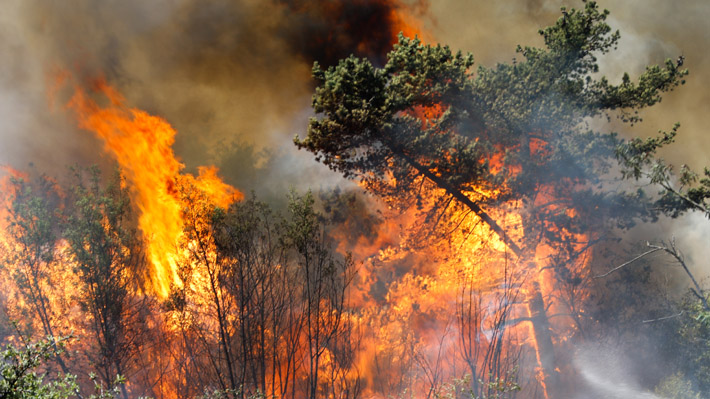
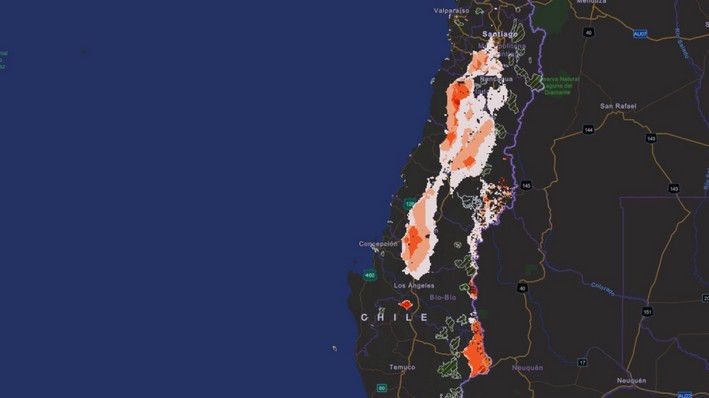
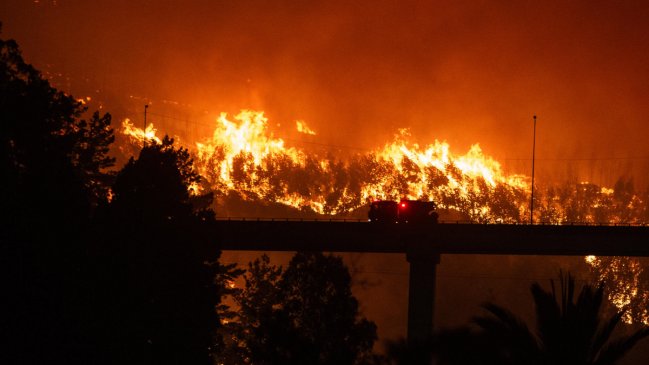
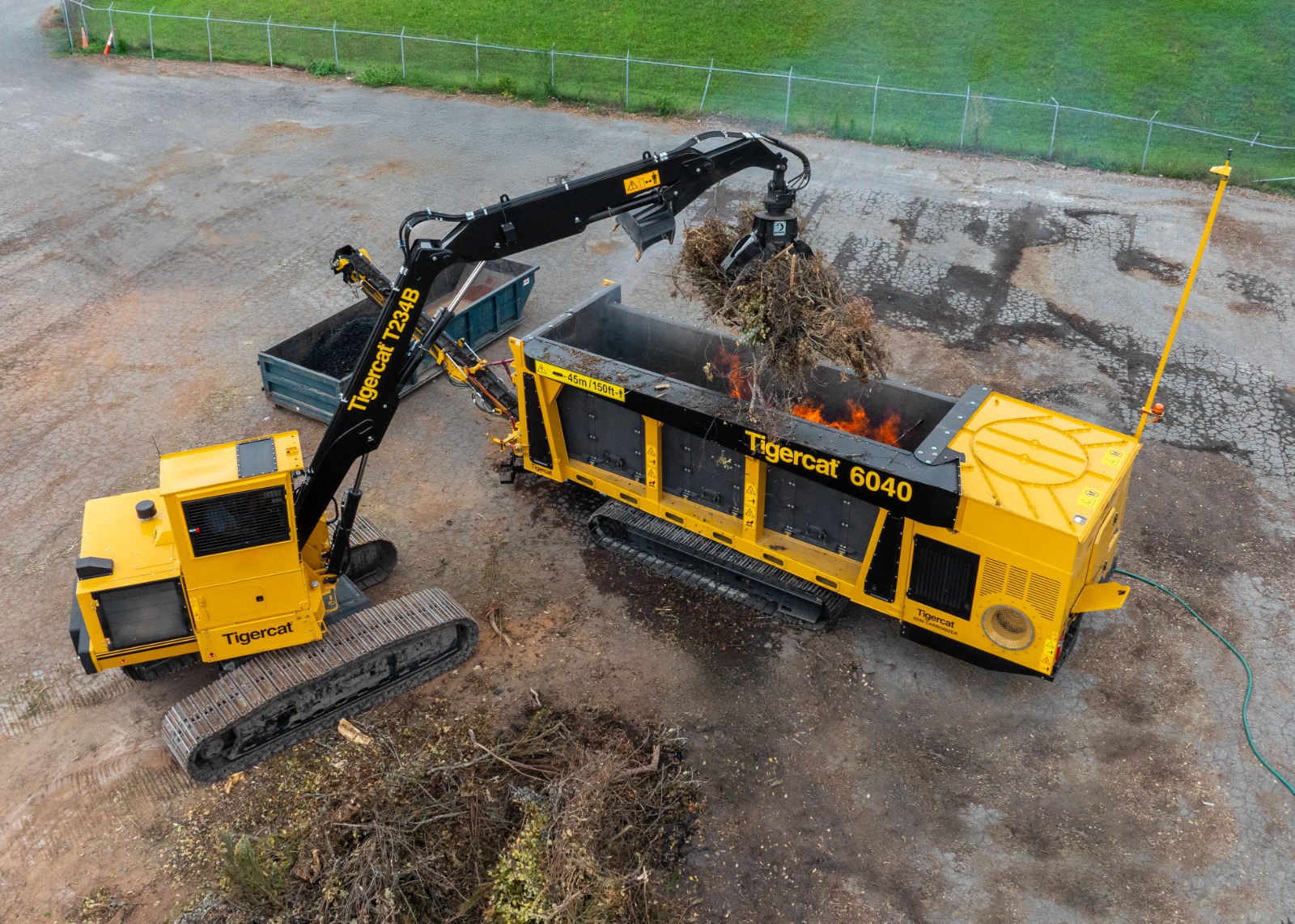
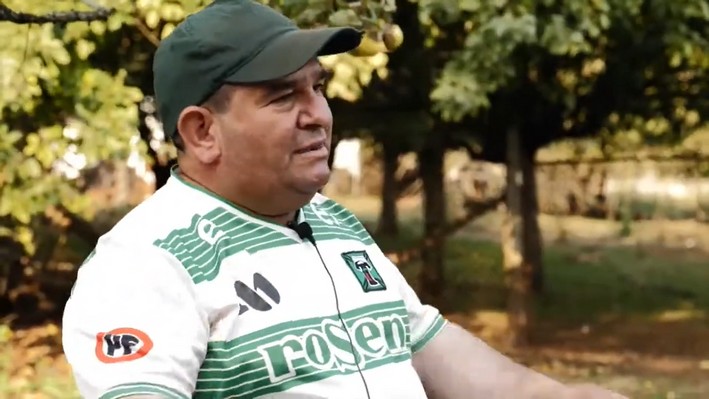
Comments (0)
No comments yet. Be the first to comment!
Leave a comment